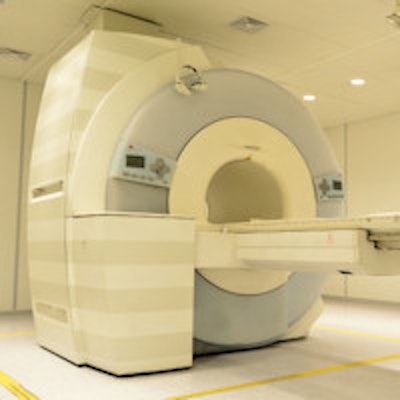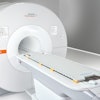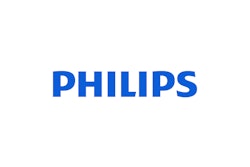
What key issues should you keep in mind when buying an MRI scanner? Nonprofit research organization ECRI Institute hopes to help with a new report on performance and other measures that radiology departments and imaging centers should consider when purchasing a new system.
ECRI derived the report from a survey of hundreds of members of its SelectPlus healthcare technology procurement advisory service. Users were asked to rate MRI scanners on a variety of criteria, including image quality, ease of use, patient throughput, system reliability, service and vendor support, and training. ECRI then compiled user satisfaction ratings by vendor and model, along with feature comparisons, market share, and average quoted price based on actual vendor proposals submitted by hospitals.
MRI users seemed to value ease of use and image quality the most; scanners scoring the highest in these categories also had the best overall user favorability scores. On the other end of the scale, MRI scanners that scored lower in reliability and vendor service had the lowest overall user rankings.
Interestingly, survey respondents reported that some 1.5-tesla scanners had the same if not better image quality than their 3-tesla counterparts, even within the same vendor's product line. On a scale of 1 to 5, with 5 being the best, the average user rating for image quality across all 3-tesla MRI systems was 4.3, compared with 4.2 for all 1.5-tesla MRI systems.
When comparing the four leading OEMs, Philips Healthcare's Ingenia had the highest average quoted price for 1.5-tesla scanners, at $1.78 million. GE Healthcare's Optima MR450w was next at $1.56 million, followed by Siemens Healthcare's Magnetom Aera at $1.54 million and Toshiba America Medical Systems' Vantage Titan at $1.31 million.
Image quality ratings from SelectPlus members were quite similar among the four OEMs' 1.5-tesla and 3-tesla MRI models, ranging from an average low of 3.7 for one 1.5-tesla scanner to an average high of 4.4 for one 3-tesla MRI system.
In other findings, SelectPlus members reported routinely using cardiac MR and contrast-free MR angiography techniques. These advanced applications are optional on higher-end 1.5-tesla MRI models. More-advanced applications, such as functional MR imaging, diffusion-weighted imaging, and spectroscopy, typically require 3-tesla magnet technology.
A free excerpt of the report can be downloaded here.




















